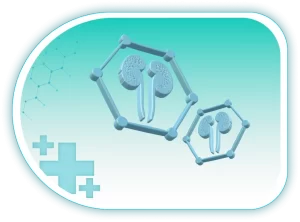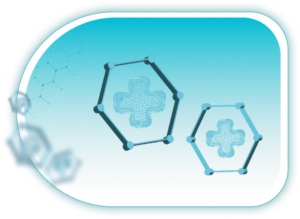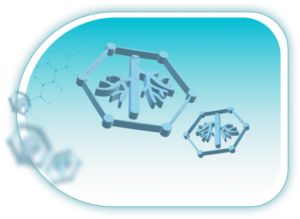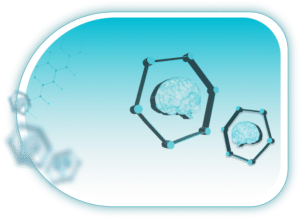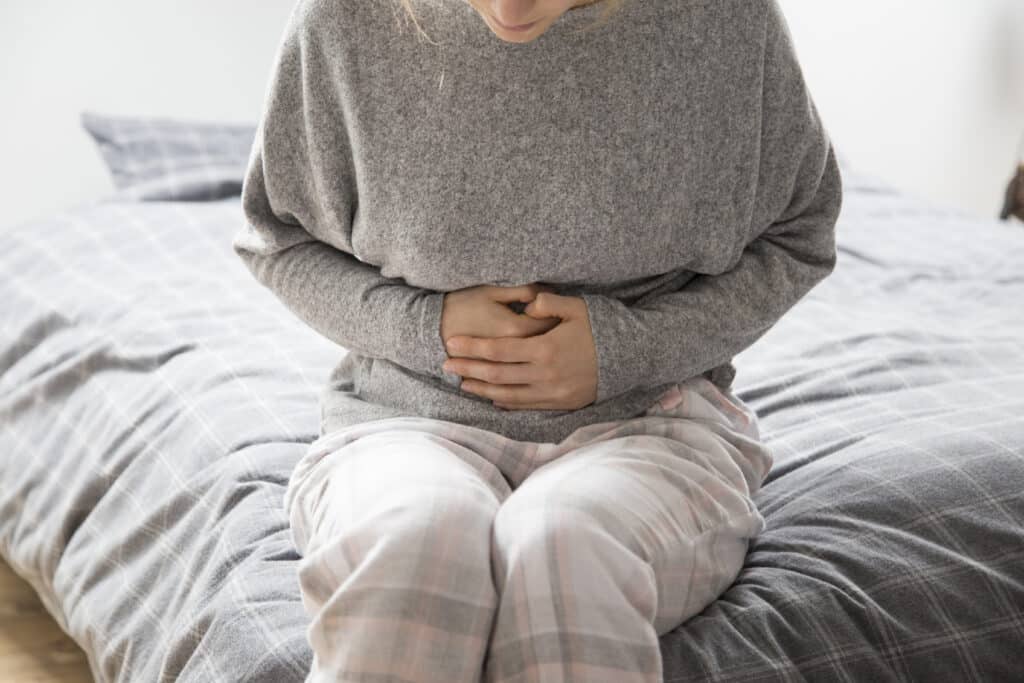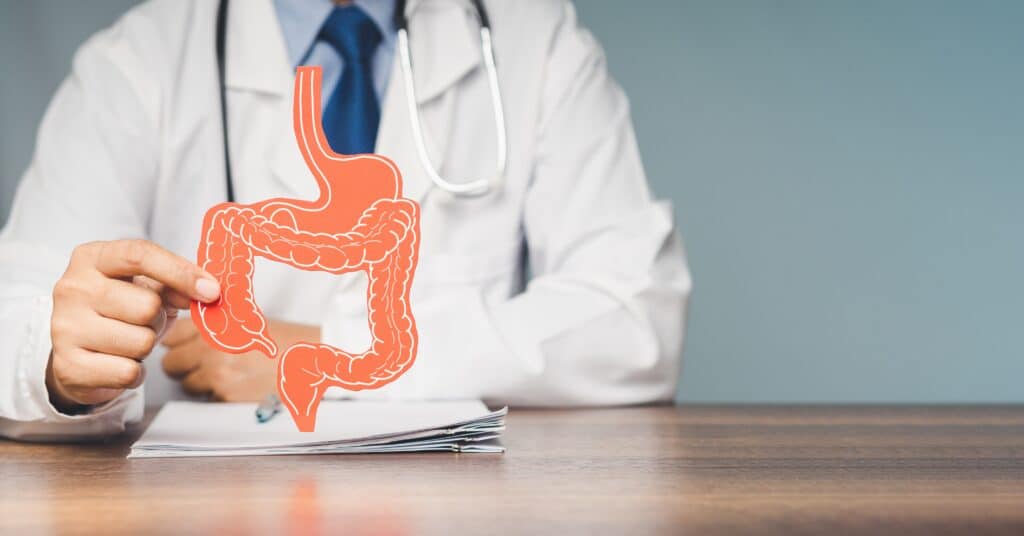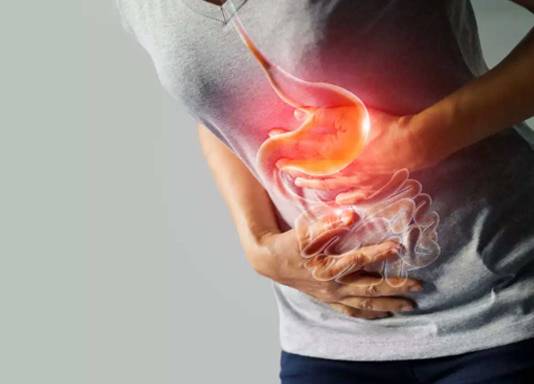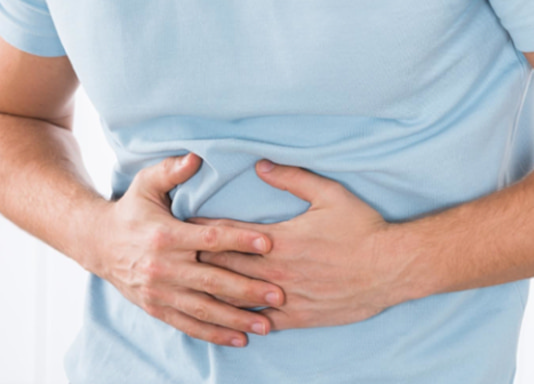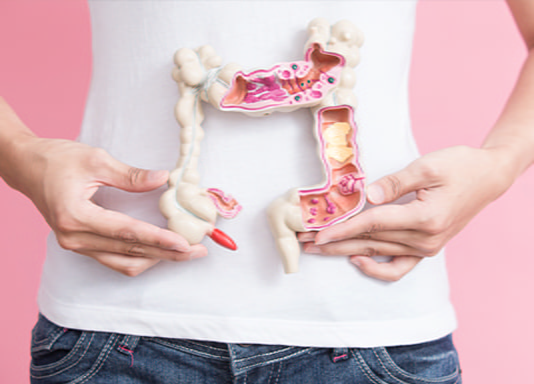The digestive system, often called the gastrointestinal (GI) system, is a marvel of biological engineering. Its primary function is to break down the food we consume into nutrients that our bodies can absorb and utilize for energy, growth, and repair. This intricate process involves multiple organs, enzymes, and intricate mechanisms working in harmony. In this comprehensive guide, we’ll embark on a journey through the digestive tract, exploring how this remarkable system operates and the critical role it plays in maintaining overall health.
The Digestive Tract: An Overview
The digestive tract is a continuous tube that starts at the mouth and ends at the anus. It consists of several key organs and structures, each with specific functions:
- Mouth: Digestion begins in the mouth with the process of mastication (chewing). Salivary glands secrete saliva, which contains enzymes that start breaking down carbohydrates.
- Pharynx and Esophagus: Once food is chewed and mixed with saliva, it forms a soft mass called bolus. The pharynx and esophagus transport the bolus to the stomach using a series of coordinated muscular contractions called peristalsis.
- Stomach: The stomach is a muscular, J-shaped organ that stores food and continues digestion. Gastric glands secrete gastric juices containing hydrochloric acid and digestive enzymes that break down proteins. The resulting mixture, called chyme, is gradually released into the small intestine.
- Small Intestine: The small intestine is where most of the digestion and nutrient absorption occur. It consists of three parts: the duodenum, jejunum, and ileum. The pancreas and liver secrete digestive enzymes and bile into the duodenum to further break down carbohydrates, fats, and proteins. Villi and microvilli in the small intestine’s lining increase the surface area for nutrient absorption.
- Large Intestine (Colon): The large intestine absorbs water and electrolytes, forming feces from the remaining indigestible material. Beneficial gut bacteria in the colon also play a vital role in fermentation, producing certain vitamins and aiding in digestion.
- Rectum and Anus: The rectum stores feces until they are eliminated through the anus during a bowel movement.
The Digestive Process
Digestion is a complex process involving both mechanical and chemical mechanisms. Here’s how it works step by step:
- Ingestion: Food enters the mouth, where it is broken down into smaller pieces through chewing and mixed with saliva.
- Propulsion: The tongue and muscular contractions in the esophagus propel the bolus into the stomach.
- Gastric Digestion: In the stomach, gastric glands release hydrochloric acid and enzymes (pepsin) that break down proteins. The stomach’s churning motions mix the contents and create chyme.
- Small Intestine: The chyme moves into the small intestine, where pancreatic enzymes (amylase, lipase, and protease) and bile from the liver further break down carbohydrates, fats, and proteins. Nutrient absorption occurs through the intestinal lining.
- Large Intestine: The remaining indigestible material moves into the large intestine, where water and electrolytes are absorbed, forming feces.
- Elimination: Feces are stored in the rectum until they are eliminated through the anus during a bowel movement.
Hormonal and Nervous Control
The digestive process is finely regulated by both hormonal and nervous systems. Here are some key players in this regulation:
- Hormones: Hormones like gastrin, secretin, and cholecystokinin (CCK) are released in response to specific signals in the digestive tract. They stimulate the release of digestive enzymes and control the rate of digestion.
- Nervous System: The enteric nervous system, often called the “second brain,” consists of a complex network of neurons within the GI tract. It regulates processes like peristalsis, secretion, and blood flow.
- Autonomic Nervous System: The sympathetic and parasympathetic branches of the autonomic nervous system influence digestive functions. The parasympathetic system, for example, promotes digestion and nutrient absorption.
Common Digestive Disorders
Despite the digestive system’s remarkable efficiency, various factors can disrupt its function, leading to digestive disorders. Some common digestive disorders include:
- Gastroesophageal Reflux Disease (GERD): Chronic acid reflux can damage the esophagus, causing heartburn and regurgitation.
- Irritable Bowel Syndrome (IBS): IBS is characterized by abdominal pain, bloating, and changes in bowel habits.
- Inflammatory Bowel Disease (IBD): Conditions like Crohn’s disease and ulcerative colitis cause chronic inflammation of the GI tract.
- Celiac Disease: An autoimmune disorder triggered by gluten consumption, causing damage to the small intestine’s lining.
- Gallstones: Solid particles that form in the gallbladder and can block the bile ducts, leading to pain and digestive issues.
Maintaining Digestive Health
Maintaining digestive health is crucial for overall well-being. Here are some tips to support a healthy digestive system:
- Balanced Diet: Eat a diet rich in fiber, fruits, vegetables, and whole grains to promote regular bowel movements.
- Hydration: Drink plenty of water to support the digestive process and prevent constipation.
- Portion Control: Avoid overeating, which can lead to indigestion and discomfort.
- Chew Thoroughly: Chew food slowly and thoroughly to aid digestion and nutrient absorption.
- Regular Exercise: Physical activity can help prevent constipation and promote overall digestive health.
- Stress Management: High stress levels can impact digestion, so practice stress-reduction techniques like yoga or meditation.
- Limit Trigger Foods: If you have specific digestive issues, identify and limit foods that trigger symptoms.
Conclusion
The digestive system is an intricate and vital component of human physiology. It ensures that the nutrients we consume are efficiently broken down and absorbed, fueling our bodies and maintaining our health. Understanding how this system works and taking steps to support its health can contribute to overall well-being and quality of life. So, the next time you enjoy a meal, remember the remarkable journey it embarks on within your digestive tract, nourishing your body and sustaining your vitality.

